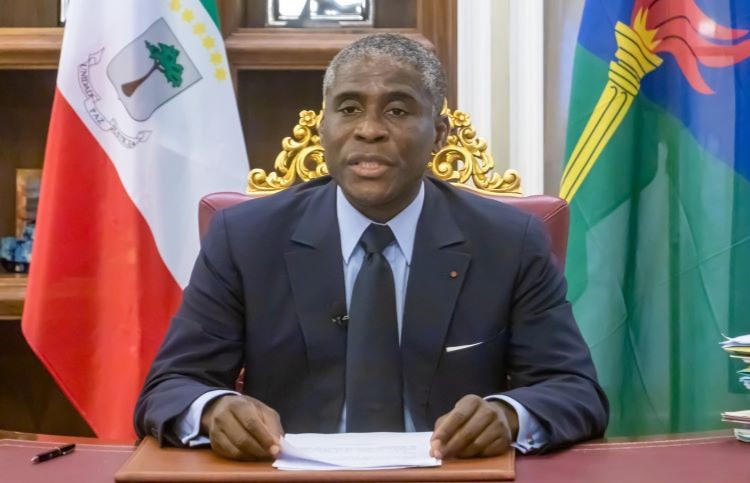Eduardo González
Maite Pagazaurtundua, MEP for Ciudadanos and vice-president of the Civil Liberties Committee of the European Parliament, has asked the High Representative for Foreign Policy of the EU, Josep Borrell, to take advantage of his trip to Morocco to denounce the “judicial harassment” exercised by the Government of Rabat against the Spanish journalist Ignacio Cembrero.
Josep Borrell will make an official visit to Rabat between today and tomorrow, where he will meet with the Prime Minister, Aziz Akhannouch, and the Minister of Foreign Affairs, Nasser Bourita, among others, as reported yesterday by the European External Action Service (EEAS). Taking advantage of this trip, Maite Pagazaurtundua sent this past Tuesday a letter to the High Representative, made public by herself on her Twitter profile, in which she denounces “the strategy of judicial harassment that the Kingdom of Morocco is exercising” against “the freedom of press of a European journalist”. Ignacio Cembrero has specialized in information on the Maghreb for 22 years and writes regularly for the newspaper El Confidencial.
In the letter, the MEP recalls that, in January 2014, the president of the Moroccan government, Abdelilah Benkiran, filed a criminal complaint against Ignacio Cembrero for “glorification of terrorism” with the Attorney General’s Office, “which was filed”. Despite this, “the Kingdom of Morocco” then filed another criminal complaint against the journalist also for “glorification of terrorism”, which was again shelved in June of the same year.
Apart from this, the Moroccan businessman Ahmed Charai filed in 2015 a civil lawsuit against Cembrero for “interference in honor”, specifically for having “related him to the Moroccan secret services”, as did “various media”. The lawsuit, in which the Public Prosecutor’s Office intervened because it affected a fundamental right, “was dismissed, absolving the journalist in its entirety”, the letter continues.
Cembrero’s name surfaced again in 2022, after publishing that the Government of Morocco could be involved in spying on the cell phones of several Spanish leaders (among them, the President of the Government, Pedro Sanchez, the Minister of Agriculture and former ambassador in Rabat, Luis Planas; the former Minister of Foreign Affairs, Arancha González Laya; and the Minister of Defense, Margarita Robles), and even his own personal cell phone, through the Pegasus program, a “hot potato” that the Spanish government has done everything possible to get rid of, in the middle of its honeymoon with Rabat.
According to the MEP’s letter, the Kingdom of Morocco filed a civil suit in April 2022 “so that the court declares that the journalist has never been a victim of espionage by the Moroccan government” and so that the journalist, by virtue of this application, “can never say otherwise”. In the words of Cembrero in the letter, “it is a medieval action, typical of Castilian law, whose purpose was to prevent someone from publicly presuming to have a right against another when he could not prove it”.
According to Pagazaurtundua, this “chain of legal proceedings” demonstrates “a constant strategy to silence this journalist specialized in Moroccan politics”. For this reason, she continues, “as vice-president of the Parliamentary Committee on Civil Liberties, I consider it important to send a clear message against political interference, especially from abroad, in the work of journalists, since this type of judicial persecution is aimed at stopping them from denouncing criminal acts or other infractions”. “It is the responsibility of the European institutions to offer protection measures to the media and their workers, especially when they are subjected to reprisals, harassment or coercion by foreign powers,” the letter concludes.
Support from journalists’ associations
Last July, several journalists’ associations issued several statements in support of Ignacio Cembrero in response to the legal action taken by Morocco against the journalist following reports about Pegasus. The Madrid Press Association (APM) accused Morocco of “attempting to intimidate and intimidate the reporter” and called on the Spanish authorities to act “through the appropriate channels to defend the right to freedom of expression of journalists in our country when it is attacked by leaders of other states who have a long history of violating this right”.
For its part, the Federation of Spanish Press Associations (FAPE) warned that “lawsuits that only seek to intimidate journalists are an intolerable violation of the constitutional rights to freedom of expression and information” and the Network of Professional Associations of Journalists demanded that the Moroccan government withdraw the lawsuit and urged the Spanish government to initiate “diplomatic pressure” to stop the complaint. Reporters without Borders also supported the journalist and asked the Spanish government to act to “prevent any attempt to restrict freedom of expression” and to shield the correspondent in the Maghreb from “abusive complaints that seek to silence journalism”.







